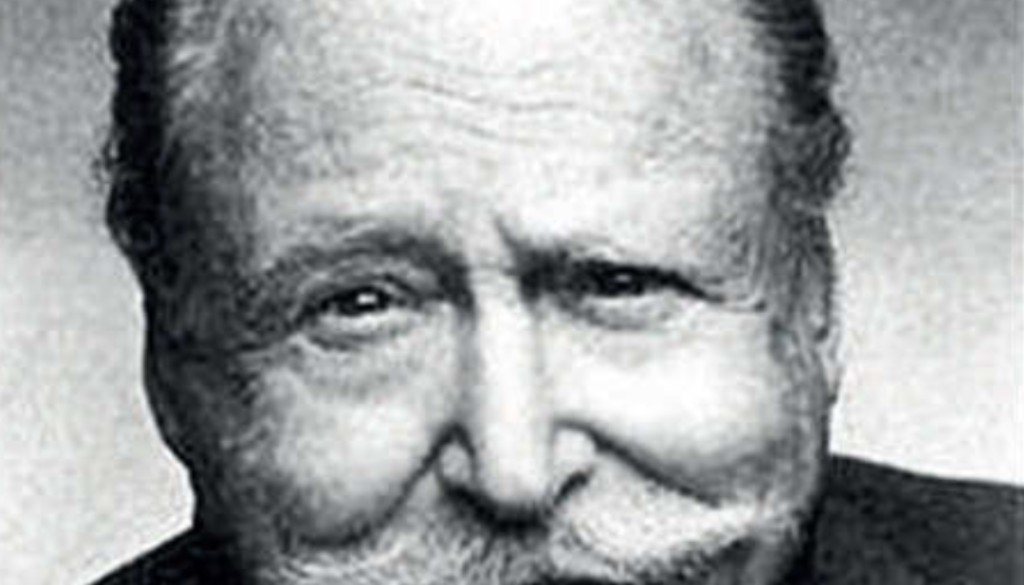Sir Albert Howard
1873 - 1947
According to wikipedia, “Sir Albert Howard CIE was an English botanist, and the first westerner to document and publish the Vedic Indian techniques of sustainable agriculture, now better known as organic farming.”
Sir Albert had a prickly relationship to biodynamics being one who wished to dispel the “muck and magic” image in a time of science dominated by materialist fundamentalism. He met with Ehrenfried Pfeiffer at Middle Wallop in 1936 and Pfeiffer wrote a glowing tribute “Sir Albert Howard’s Deed For Science” in the 1948 memorial issue of the Organic Gardening Magazine which appears in the book “Ehrenfried Pfeiffer; A Modern Quest for the Spirit.”
… Liebig had given the agricultural concept a turn towards the mineral theory, in fact, towards the very one-sided concept that only a few major elements are needed for plant growth, namely, nitrogen, potassium, and phosphate. The application of these three elements brought about a revolution in farming; an increase of crops was observed. As a consequence, agricultural science and practice still believe today that “this is it.” Many other factors were neglected during the next hundred years as a result of Liebig’s discovery. One can objectively state that it led to the excessive use of soils and brought increases of crops at the expense of other factors in soil, all the other elements, including trace elements, the important biocatalysts, and organic matter. World agriculture, deceived by the NPK theory, demanded more from soils than they could give and a general depletion cycle began. More fertilizer had to be applied in order to maintain the new crop levels until the breakdown of soils set in. “To hold the soil” by all means became the urgent demand. Mankind was living on the capital of soils rather than on what they could offer in a natural way.
It was here, decades ago, at the high tide of the mineral theory, that Sir Albert Howard, as a Cassandra, with courageous words and writing, based on observation and experience, began to stem the tide and call attention to the fallacies of a one-sided agriculture. Had his call been listened to thirty years ago, then a U.S. Soil Conservation Service might not have been necessary, or have been founded fifteen years earlier than it actually was. It is this foresight which scientists could treasure highly in studying Sir Albert’s life work.
Sir Albert had to walk the rough and thorny path of every prophet and pioneer, overlooked, viewed with pitying silence, attacked from the side of the then current beliefs and customs — a lone man for many years. Even his enemies have to admire the will power and enthusiasm with which he propagated his gospel of soil fertility as an organic concept in spite of all obstacles. Time and future developments and discoveries upheld him though and he could, at least during the last decade of his life, look with satisfaction upon the fact that the organic movement grew in momentum and depth.
